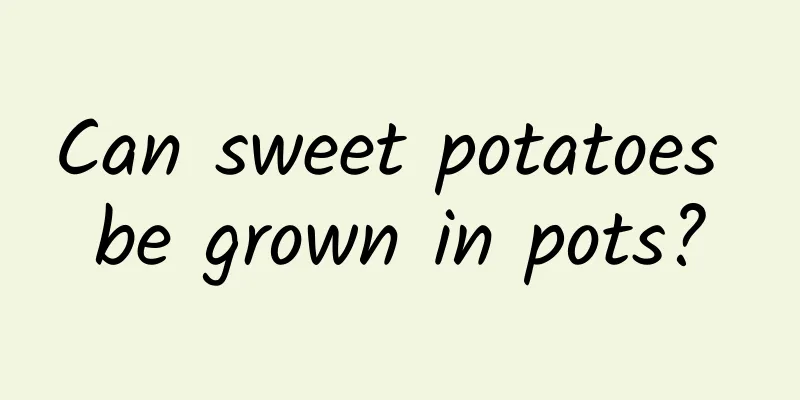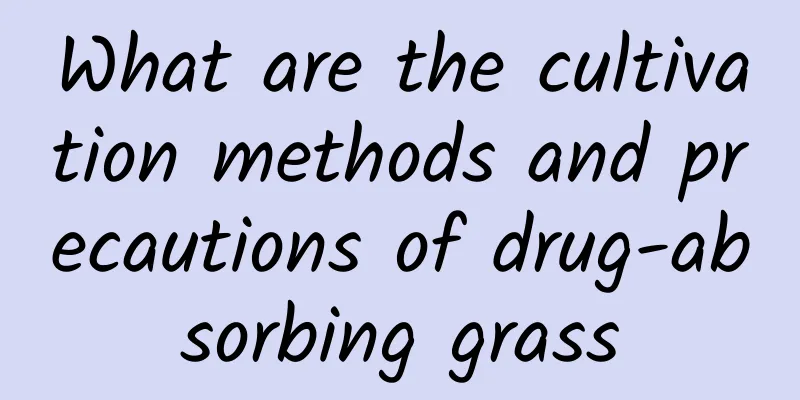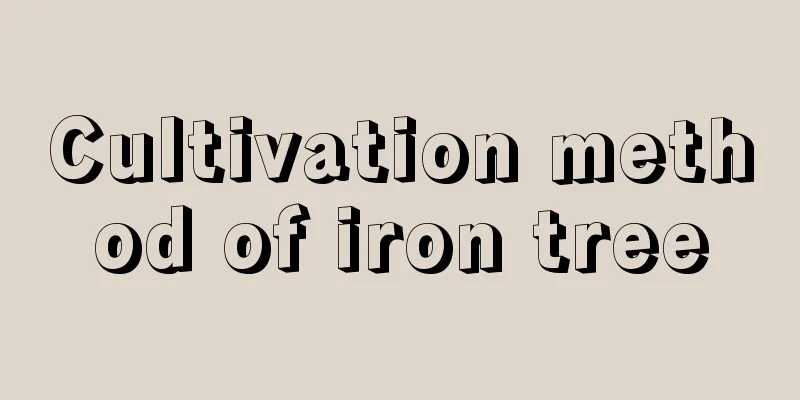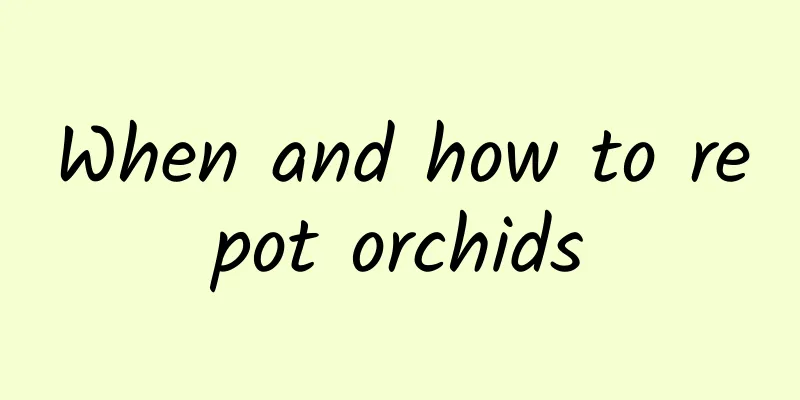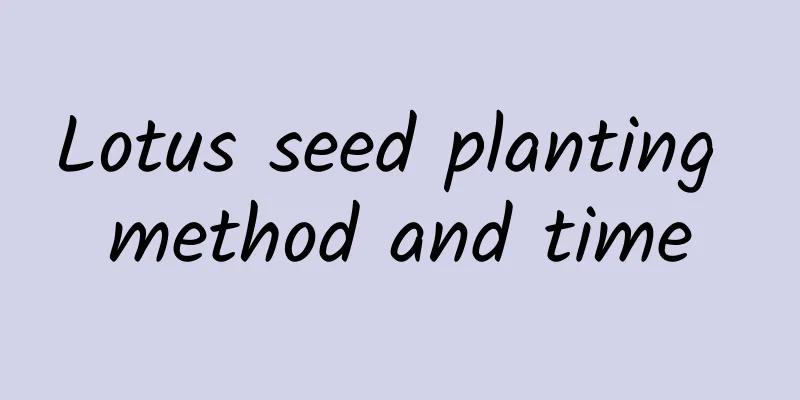These flower-growing rumors may have deceived you for years! Don't be fooled again

Rumor 1: Keeping volatile potted plants indoors is harmful to the human bodyThe truth: In fact, the concentration of volatile substances in flowers is very low in the air. Before reaching a concentration that is harmful to human health, they can produce strong odor stimulation. At this time, you only need to move it away or ventilate it in time. Therefore, it is completely possible to grow it indoors. Rumor 2: Green plants at home can help you deal with smogThe truth: Potted plants cannot actively absorb dust particles in the air. Apart from having a certain adsorption effect on dust, they do not have any special functions in dealing with haze. Rumor 3: Green plants such as cacti can protect against radiationThe truth: Current research shows that the electromagnetic field strength around computers and other household appliances is far less than the limit of safety guidelines, so there is no need to worry or protect against computer radiation. In addition, there is no scientific basis to support the claim that potted cacti can protect against radiation better than other things. Rumor 4: Placing succulents at home may harm your heartThe truth: The toxic substances contained in succulents of the genus Euphorbia and the Euphorbiaceae family can indeed cause symptoms of heart poisoning, but if the juice is not ingested or in contact with the plants and they are simply displayed for viewing, it will not cause poisoning or heart problems. Rumor 5: Green plants and bamboo charcoal can effectively absorb formaldehydeThe truth: Activated carbon materials such as bamboo charcoal can only adsorb formaldehyde but cannot truly absorb it. Although plants such as spider plants have a certain ability to absorb formaldehyde, the actual amount absorbed is limited. It is still necessary to open windows for ventilation at ordinary times. Rumor 6: Green plants such as Euphorbia milii contain carcinogens and should not be grown at homeThe truth: Potted flowers such as Euphorbia milii do contain substances that promote cancer, but the content is not high. The body will not absorb these substances unless they are taken orally. Leading to cancer promotion. Rumor 7: Domestic pitcher plants can catch mosquitoesThe truth: The staple food of pitcher plants is terrestrial insects such as ants, and their efficiency in capturing mosquitoes is actually low. Sometimes their insect-catching bottles will become breeding grounds for mosquitoes, so we cannot expect them to kill mosquitoes. In addition, pitcher plants are extremely sensitive to the air humidity of their growing environment and are difficult to maintain in ordinary households. Rumor 8: Green plants compete with people for oxygen at nightThe truth: Green plants consume oxygen at night but release a lot of oxygen during the day. Compared with humans, the oxygen they consume is almost negligible, so there is no problem of "competing" with humans for oxygen. On the contrary, they can make the air have more oxygen ions. |
>>: Bonsai on fingertips is more valuable than orchids if well cared for
Recommend
Do roses need to be pruned after they fade (when should roses be pruned before winter)
The weather is getting colder. Should we prune ro...
Should I use a large or small pot for orchids?
Should I use a large or small pot for orchids? Ge...
When is the best time to prune cloud bamboo?
The role of cloud bamboo pruning The branches and...
What flowers are suitable for urea
1. What flowers are suitable? Urea is the fertili...
Cultivation methods and maintenance matters of old Euonymus stump
Cultivation method of old Euonymus stump Old Euon...
Can’t tell the difference between Echinops thornii and Echinops thornii? After reading these three points, it is easy to distinguish them!
1. Different appearance Barbary aconite: It also ...
Three classic ways to eat yacon. How much should you eat in a day?
1. Three classic ways of eating 1. Eat raw: Pick ...
How to grow windmill jasmine
1. Breeding conditions 1. Soil: There are no spec...
What season is suitable for growing ice plants?
Ice plant likes to grow in soft, breathable and h...
Can vinca rosea be pinched during flowering period?
1. Is it possible? Catharanthus roseus blooms eve...
When is the best time to transplant the dripping guanyin?
The weeping angel can be transplanted in spring a...
Why does Forsythia bloom but not bear fruit? Where does it usually bear more fruit?
1. Reasons why Forsythia blooms but does not bear...
What is the difference between Qianchuan and Xiaomixing?
introduce Money String The leaves of the money st...
Does cat's eye arrowroot bloom?
Does cat's eye arrowroot bloom? Don’t be fool...
How to cultivate Taitung Custard Apple
1. Soil When planting it, it is best to use soil ...

